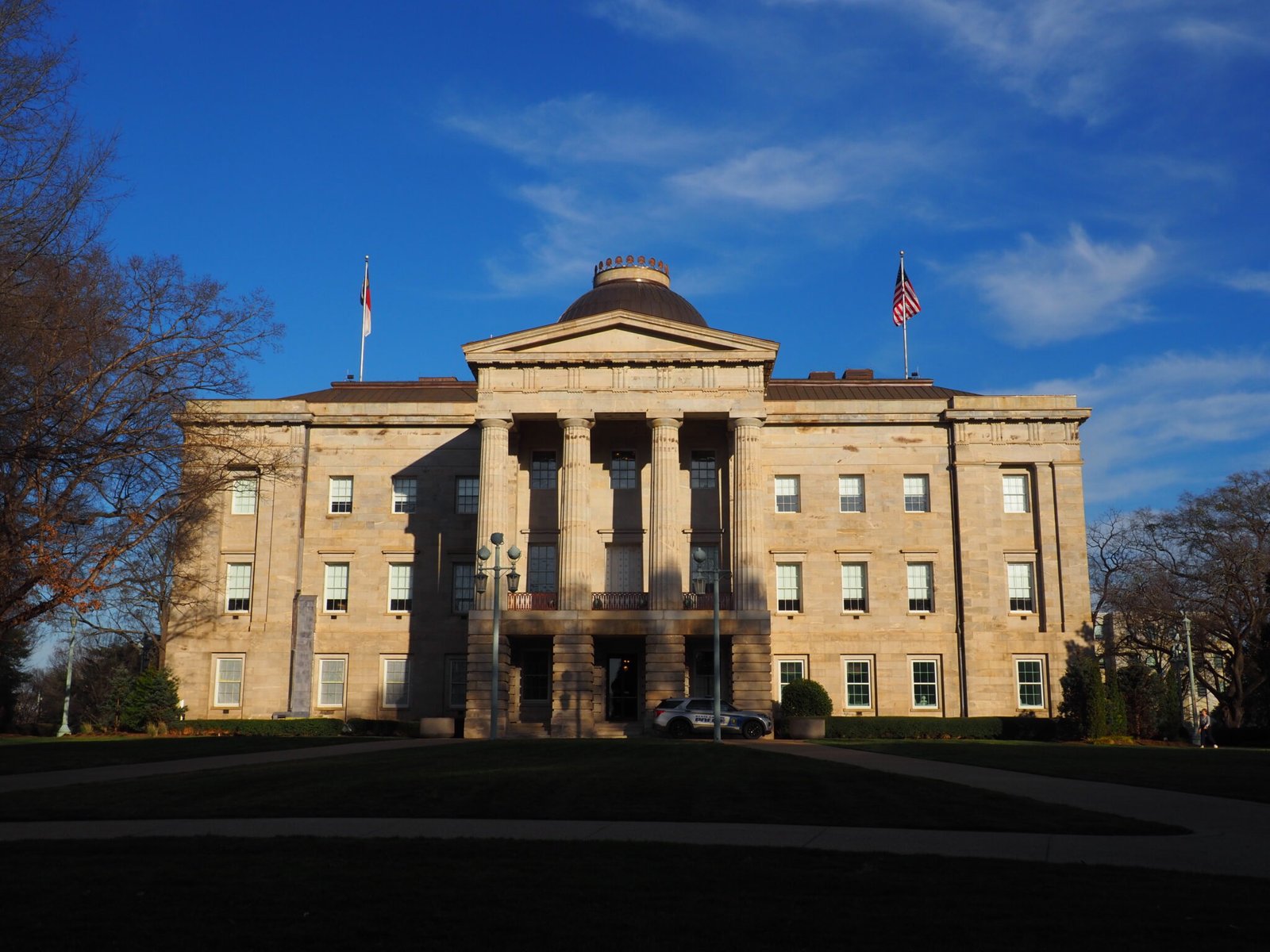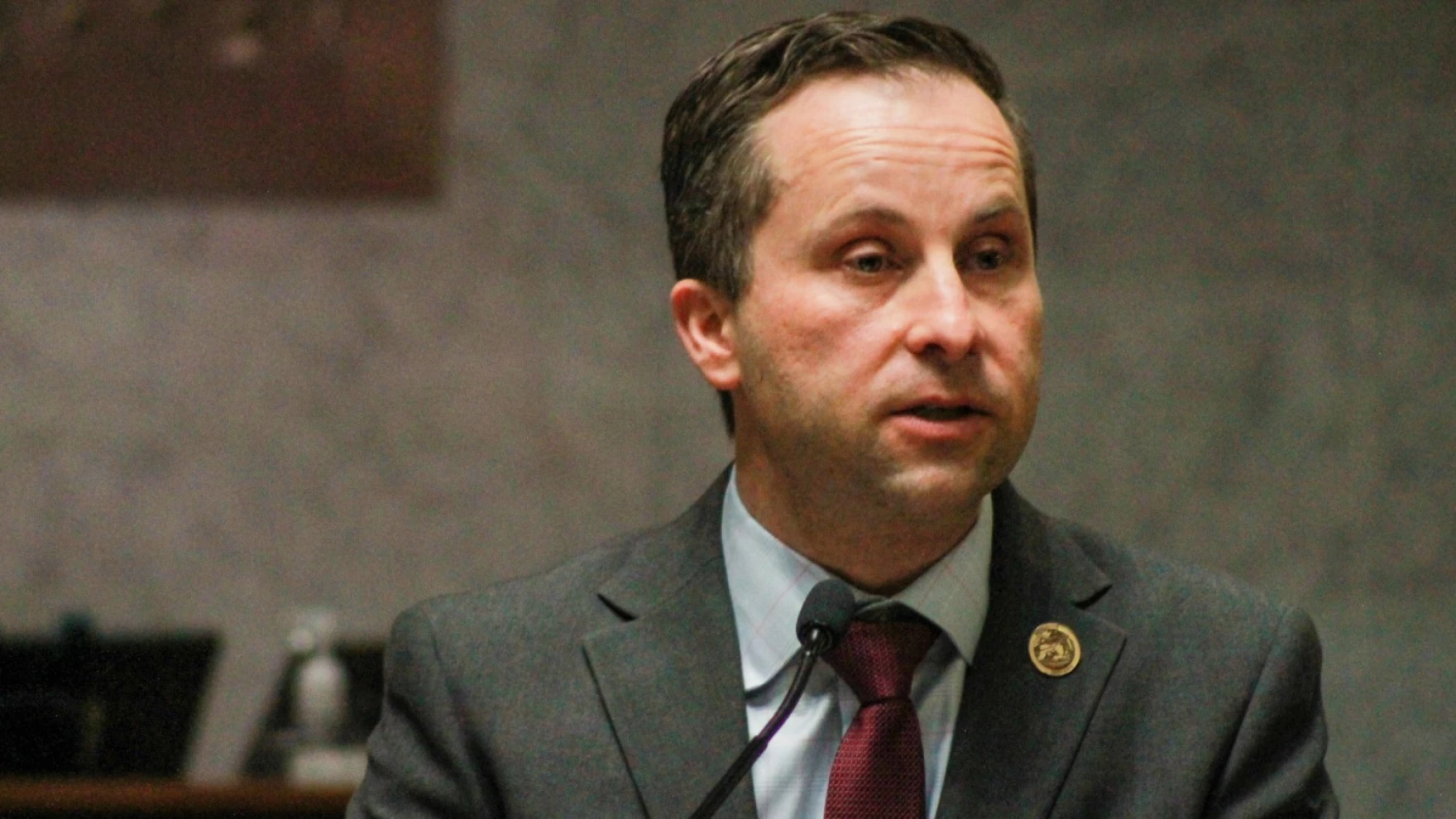The Iran nuclear program has been at the center of international attention for decades, stirring political tensions and diplomatic efforts worldwide. This program began in the 1950s as a peaceful initiative under the “Atoms for Peace” program with support from the United States. Iran aimed to develop nuclear technology primarily for civilian energy purposes, including electricity generation and medical research. Over time, Iran expanded its nuclear capabilities, establishing uranium enrichment facilities and nuclear reactors such as the Bushehr power plant. However, concerns arose when the International Atomic Energy Agency (IAEA) discovered undeclared nuclear activities in Iran in the early 2000s, prompting fears that Iran might be working toward developing nuclear weapons.
Uranium enrichment is a key focus of the Iran nuclear program. Facilities like Natanz and Fordow enrich uranium, which can be used for reactor fuel but also has the potential to produce weapons-grade material. Iran insists its program is for peaceful purposes, but Western countries and regional rivals, especially Israel, remain skeptical. The suspicion that Iran seeks to build nuclear weapons has led to severe international sanctions aimed at restricting its nuclear development. The IAEA has continuously monitored Iranian sites to ensure compliance with non-proliferation agreements, but trust remains fragile.
A major turning point for the Iran nuclear program came in 2015 with the signing of the Joint Comprehensive Plan of Action (JCPOA). This agreement, made between Iran and six global powers including the United States, United Kingdom, France, Russia, China, and Germany, set strict limits on Iran’s nuclear activities in exchange for lifting economic sanctions. The JCPOA restricted Iran’s uranium enrichment levels, capped the number of centrifuges it could operate, and allowed for extensive IAEA inspections. This deal slowed Iran’s nuclear progress and eased regional tensions temporarily, showing promise for diplomacy over confrontation.
However, the JCPOA faced challenges. In 2018, the United States, under President Donald Trump, unilaterally withdrew from the agreement and reinstated harsh sanctions on Iran. This move led Iran to reduce its compliance with the deal, increasing uranium enrichment and exceeding the limits set by the JCPOA. The breakdown of this diplomatic effort intensified tensions between Tehran and Washington and caused uncertainty about the future of the Iran nuclear program. Since then, attempts to revive the JCPOA have encountered difficulties amid geopolitical conflicts and mutual mistrust.
Iran’s nuclear ambitions raise concerns not only because of the potential for nuclear weapons but also due to the broader regional implications. Israel, in particular, views the Iran nuclear program as a serious threat to its security and has responded with threats and occasional military actions targeting Iranian-backed groups in the Middle East. Gulf states and Western countries also worry about a destabilizing arms race in the region if Iran successfully develops nuclear weapons capability. The complex web of alliances and rivalries in the Middle East means that any shift in Iran’s nuclear status can have far-reaching consequences.
The global community remains divided on how to address the Iran nuclear program. Some advocate for renewed diplomacy and negotiations to restore the JCPOA and build mutual trust. Others argue for continued pressure through sanctions or even military deterrence to prevent Iran from advancing its nuclear capabilities. The IAEA continues to play a critical role by monitoring Iran’s nuclear sites and reporting on compliance, helping to maintain some level of transparency.
Despite these efforts, the path forward is uncertain. Military strikes, political rhetoric, and diplomatic setbacks have all contributed to an atmosphere of mistrust. The balance between ensuring Iran’s right to peaceful nuclear energy and preventing nuclear weapons proliferation remains delicate. For Iran, the nuclear program is also tied to national pride and sovereignty, making negotiations more complex.
The Iran nuclear program will continue to be a major issue for international relations and Middle Eastern stability. Its development influences global security policies, economic sanctions regimes, and regional alliances. How the world responds in the coming years will shape the future of nuclear non-proliferation and peace efforts in a volatile region.







